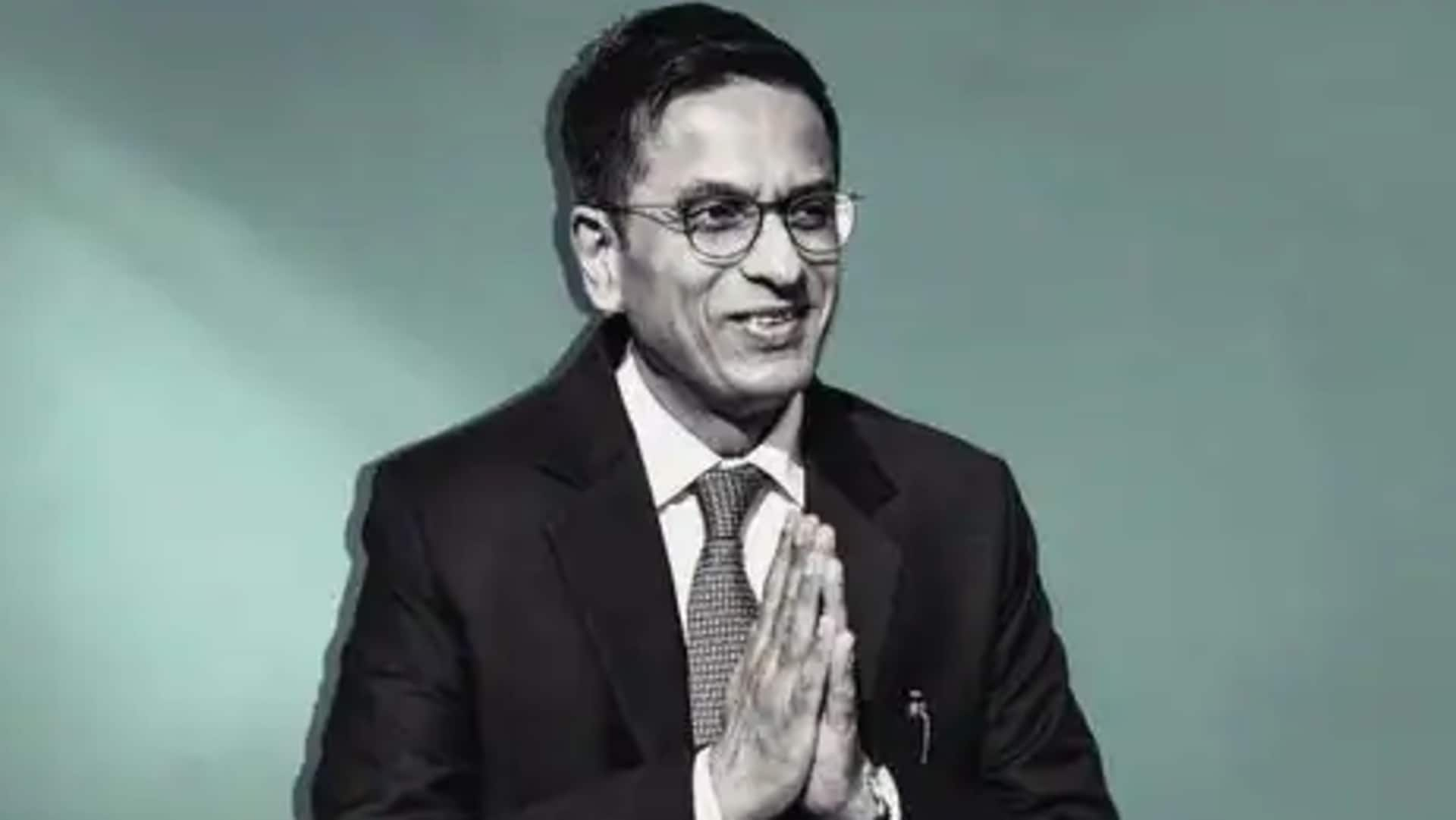
Law should not become an instrument of oppression: CJI Chandrachud
What's the story
While talking about colonial-era laws that still constitute part of India's constitution, Chief Justice of India (CJI), DY Chandrachud, said decision-makers should ensure that the "law does not become an instrument of oppression."
Justice Chandrachud on Saturday during an address at the Hindustan Times Leadership Summit while appreciating the expectations of people on courts flagged, "We need to understand their potential as institutions."
Challenge
Government and 'culture of faith' overburden courts
Justice Chandrachud said besides the government litigations, the faith of people in the judiciary has overburdened work in courts.
He said the piling up of government litigation is due to a culture of indecision at the low levels of the government.
Among many, another reason for the proliferation of litigation is that people move courts hoping that the "judiciary would favor them."
Judiciary's sustainability
Judiciary's sense of compassion, empathy and ability to listen
The Justice in his speech said one can only perform a mission as a judge if he/she understands the balance between law and justice.
"When you have the ability to hear unheard voices in your system, (see) unseen faces in the system and then see where the balance between the law and justice lies," the Justice said, as per Hindustan Times.
Collective responsibility
Law should remain an instrument of justice
Justice Chandrachud said laws that still constitute part of the country's constitution were used to oppress people during British rule.
"Law should remain an instrument of justice and not oppression as sometimes the law and justice do not necessarily follow the same linear trajectory," he said.
He said that it was possible only if "all decision-makers play a role."
Distinguished
The Supreme Court of India has a unique nature
The Justice said that the Supreme Court of India hears cases of every nature unlike the top courts in other countries that hear only a certain kind of litigation. "In my opinion top courts are meant to hear every kind of case," he said.
"We should not equate our courts with that of foreign countries as we have a unique structure," he added.
Courtroom
'Live in an era where judges constantly evaluated'
He said that we live in an era of the internet where judges "are constantly being evaluated" for what they say in the courtroom as there is real-time reporting.
"Everything said by a judge during a course of conversation in the court does not reflect either the mind of the judge or the ultimate conclusion that the judge would arrive at," the CJI said.
Context
Why does this story matter?
CJI during his speech at the Summit made a mention of the overburdening of work in courts to hint at the lack of shortage of judges.
The deficiency of judges has been a decades-old issue, as in the year 2016, the then Chief Justice of India TS Thakur broke down in front of Prime Minister Narendra Modi while calling for increasing judge strength.